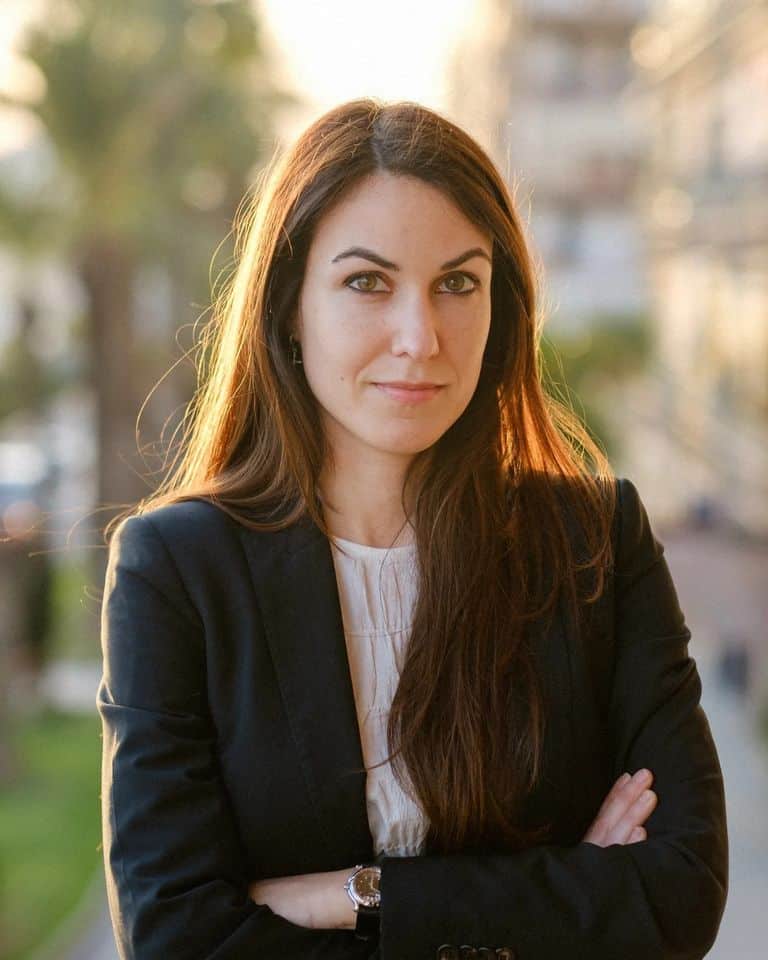The socialist candidate regrets that the Popular Party governs in a sectarian manner, and prefers not to use to the 580,000 euros with which the Generalitat, of a different political party, subsidised a year and a half ago, as the first part of a project to build sustainable urban drainage systems, in order to stop the floods suffered by the municipality.
The subsidy would be completed up to a total of 1,300,000 euros within the framework of the Vega Renhace Plan, that was launched after the DANA in 2019, and whose objective is “to turn the catastrophe into an occasion to promote a resilient environment that favours the economic and social regeneration of Vega Baja, as well as promote a territorial development, absolutely respectful with the environment, that prepares for future episodes of storms, and that allows a greater structuring of the territory of the Vega Baja with the rest of the Valencian Community.”
Soler highlights the fact that when in most of the municipalities of the Vega Baja region the projects began months ago, the Torrevieja City Council was starting, earlier this year, the file to draft the principles of the projects.
The decree that regulates the granting of the subsidy sets a period of 22 months to carry out the works, 20 of which have already passed. It seems unlikely for the works to be carried out -especially when it must be put out to public tender prior to execution – and, given that Torrevieja could be forced to return the subsidy for not having used it, last month, the Generalitat extended the term provided in the decree for eight extra months, without the City Council seeming to have taken the hint.
The socialist candidate affirms that “the loss of the subsidy would also entail the lack of income of the next section, conditional on the execution of the project. That is to say, that Torrevieja would be giving up a million three hundred thousand euros in works to prevent flooding, of which, almost six hundred thousand, has been available for a year and a half.”
Bárbara Soler has explained that sustainable urban drainage systems are rain water management techniques that reproduces the hydrology of a basin and decreases runoff through the urbanized terrain. The water reaches roofs or buried areas for its subsequent infiltration into the ground, or its reuse, so they are sustainable and efficient mechanisms.





